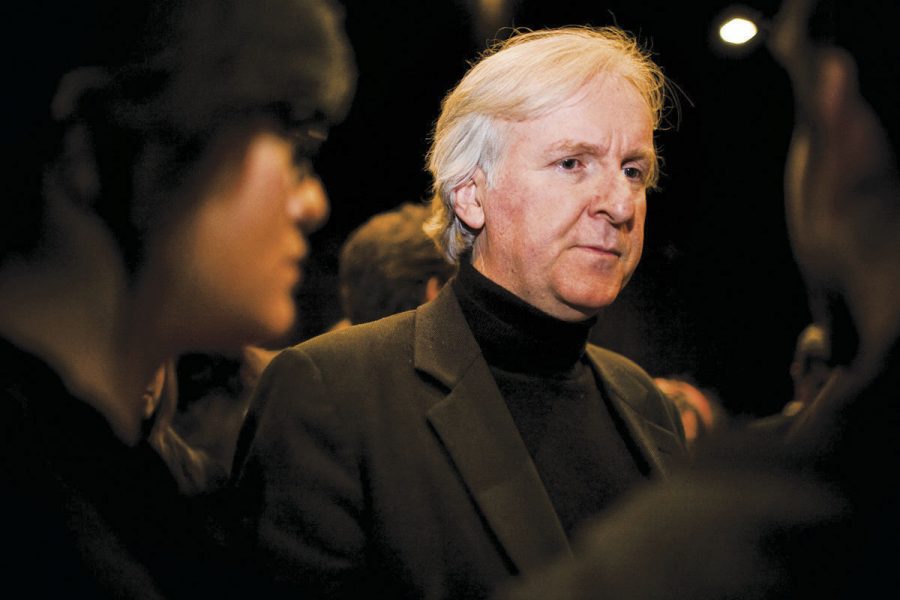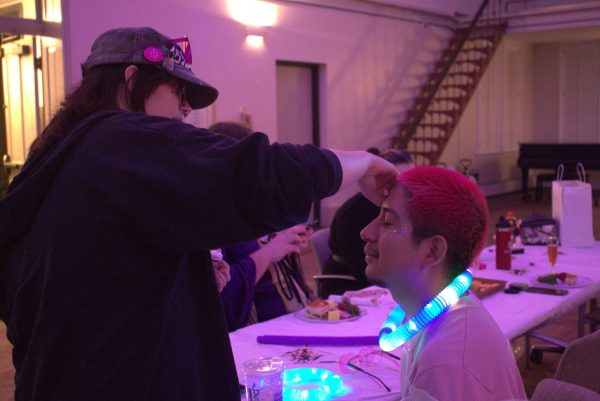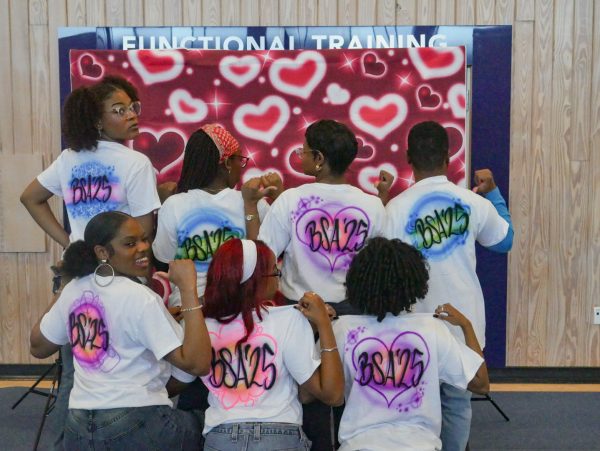James Cameron needlessly critiques strong women of ‘Wonder Woman’
Patty Jenkins’ “Wonder Woman” managed to become the fifth highest grossing superhero film in the U.S., earning just over 100 million dollars its opening weekend, and approximately 812 million dollars total; however, despite the film’s recent success, it hasn’t been free from criticism. James Cameron, director of the popular “Terminator”series, criticised Jenkin’s portrayal of Wonder Woman as “a step backwards” for women in film.
Cameron commented that Diana Prince was an “objectified icon” in the film and compared her to his own character, Sarah Connor, a central character in the “Terminator” series. Cameron claimed “Sarah Connor was not a beauty icon. She was strong, she was troubled, she was a terrible mother and she earned the respect of the audience through pure grit.”
While “Wonder Woman”as a film and cultural phenomenon is worthy of criticism, Cameron’s comments ultimately lack nuance. The portrayal of women in media is traditionally limited to “strong female characters” (i.e. masculine) or feminine supporting characters who typically exist to propel the male protagonist’s plot. This is an overgeneralization, naturally, but the focus stands — there are only so many roles allotted to women in media. The idea that women must fit into the constraints of a “strong female character” not only fails to produce feminist media, but also continues to limit and compartmentalize women. Masculine women are always a treat, but the notion that a woman has to portray masculine traits in order to portray strength is, quite simply, misogynistic.
“Wonder Woman,” in many ways, is not traditionally masculine. Diana portrays a plethora of characteristics that are associated with femininity, such as compassion, emotionality and a general empathy for others, which stands in stark contrast to many male superheroes. To claim Diana’s characterization as subscribing to expectations fails to produce a strong character plays into the notion that only masculine traits have power. This also contributes to the popular “strong female” trope of a woman having to sacrifice her femininity in order to be considered independent and strong. The fact of the matter is, a woman can still be feminine while being strong and taking charge of situations, such as Nancy Wheeler from Netflix’s “Stranger Things” and Nani from Disney’s “Lilo and Stitch.” To elaborate, Nancy is in many ways a traditional teenage girl, involved with her social life, budding sexuality and her iconic fashion sense, but that doesn’t limit her when it comes to arming herself to fight for her friends and family against an obscure horror. Nani, comparatively, demonstrates a multitude of traditionally feminine narratives by serving as a mother figure to Lilo and by serving as a love interest; however, she also manages to maintain a household by herself, continues to work on finding a job and cultivates a healthy relationship with her younger sister. Her strength is not in her pain or brokenness, but her capacity for kindness in spite of it.
Cameron’s criticisms are not unwarranted; “Wonder Woman” portrays feminine strength in a very particular light; however, Cameron fails to see the irony in his own statement, if only because a male perspective on what makes a woman strong is limited. Woman are complex, not only as people but as characters as well. That means more than one form of the strong female character, not just broken, not just troubled, but complicated and nuanced.







